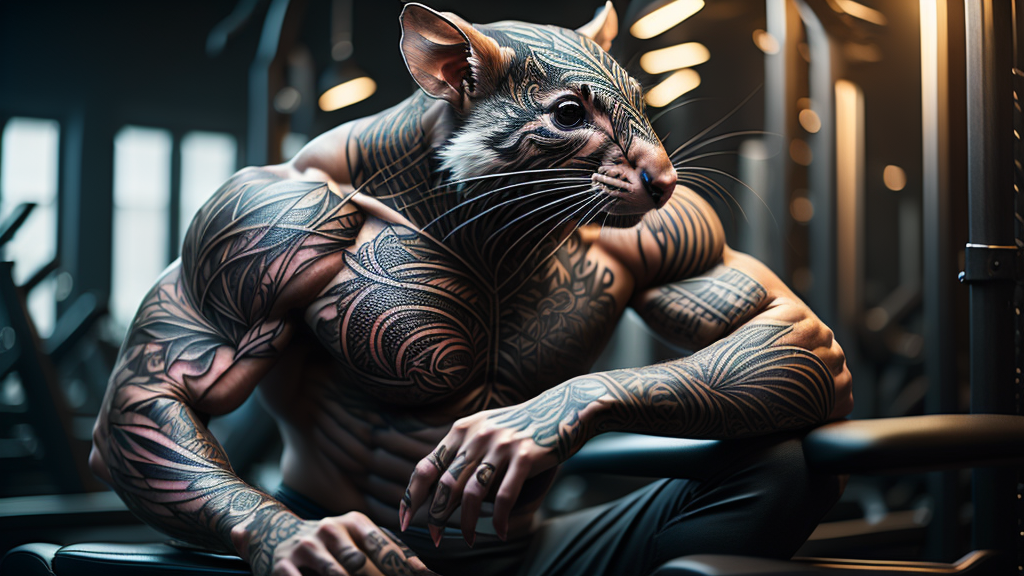Nutrition Tips For Weight Loss. Eat After Workout? Eat Before Workout?
Understanding how food fuels the body is a crucial step in reaching your fitness goals. Many people focus only on exercise, but nutrition tips for weight loss are just as important—if not more. The right foods at the right time can help you burn fat, build muscle, and stay energized throughout the day.
One of the biggest mistakes in weight loss is skipping meals or cutting calories too much. This often leads to poor energy, slow metabolism, and frustration. Instead of falling for fads, it’s smarter to follow a balanced plan that includes proper portions of proteins, carbs, and healthy fats. Timing matters too—knowing when to eat before workout or eat after workout can transform your progress.
Pre- and post-workout meals play a huge role in how your body performs and recovers. If you eat before workout sessions, you’ll feel stronger and last longer. On the other hand, learning what to eat after workout helps repair your muscles and refill energy stores, setting you up for better results over time.
This guide will break down simple, science-backed nutrition tips for weight loss that focus on meal timing, hydration, smart snacking, and more. Whether you’re a beginner or someone looking to refine your habits, these strategies can help you build a plan that fits your lifestyle and brings real, lasting results.
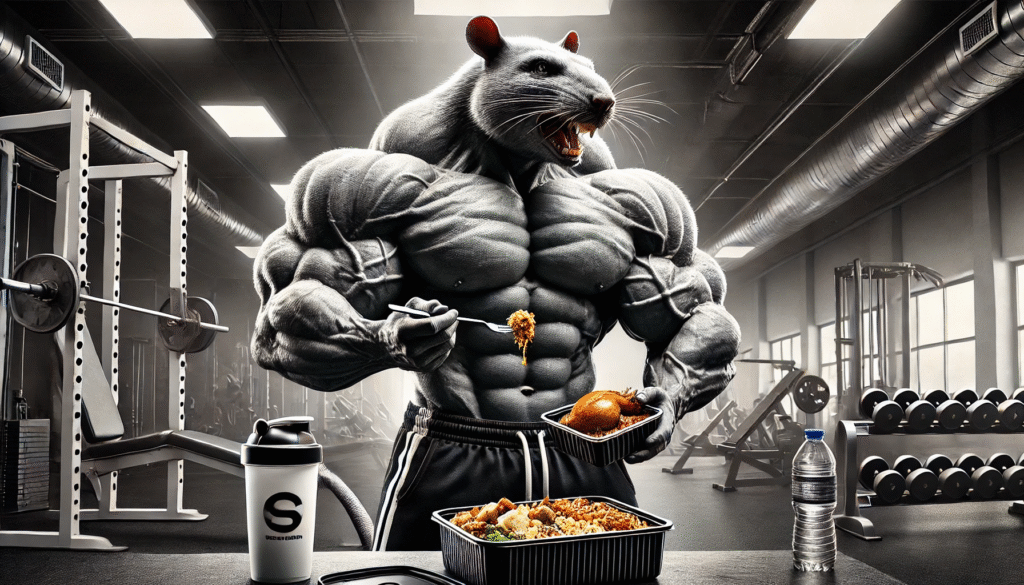
Understanding the Role of Nutrition in Weight Loss.
Importance of balanced nutrition for effective weight management.
Losing weight isn’t just about moving more—it’s also about eating smart. To feel strong and stay healthy, your body needs a mix of foods every day. That’s why one of the best nutrition tips for weight loss is to eat balanced meals. A good mix includes fruits, vegetables, protein, and healthy fats. These foods give your body energy and help it burn fat better.
Many people think skipping meals helps with weight loss. However, eating too little can actually slow your body down. When you don’t eat enough, your body holds onto fat to save energy. Instead of skipping, plan smart meals and snacks during the day. That way, your body gets fuel and stays active.
It’s also important to know when to eat. What you eat before workout gives your body power to move. What you eat after workout helps your body recover and grow stronger. Both meals matter, so it’s not good to skip them. Planning these meals helps your workouts feel easier and more effective.
Choosing The Right Foods To Fuel Your Body.
Before exercise, your body needs fuel to move well. Try a small snack with healthy carbs like a banana or oatmeal. Eating this 30–60 minutes before moving helps give you energy. That’s why knowing how to eat before workout is so helpful for reaching your goals.
After your workout, your muscles need help to recover. A snack or meal with protein and carbs works best. You can try something like yogurt with berries or chicken with rice. These meals support muscle repair and keep you from feeling tired later. Knowing what to eat after workout helps your body stay strong and healthy.
Balanced nutrition doesn’t mean perfect eating—it means smart choices most of the time. Even when you have a treat, focus on what you eat next. Small steps, like choosing fruit over candy, help build better habits. That’s how nutrition tips for weight loss work best—by being easy to follow and sticking with them.
When your meals have the right mix, your body works better. You feel more energy, less hunger, and fewer cravings. Over time, these changes help your weight go down without feeling like a struggle. Eating right is not a punishment—it’s a way to help your body do its job well.
Also, drinking enough water plays a big role too. Water helps your body digest food and burn calories. It also keeps you from feeling hungry when you’re really just thirsty. That’s why good nutrition tips for weight loss always include staying hydrated.
So don’t focus only on eating less. Think about eating smarter. Add healthy foods instead of just cutting things out. Learn when to eat before workout and how to eat after workout for the best results. These small choices help you stay strong and feel good every day.
Misconceptions about calorie restriction and fad diets.
Many people think eating very little will help them lose weight fast. But that can hurt your body more than help it. When you eat too few calories, your body slows down to save energy. You may feel weak, tired, or even dizzy. That’s why smart nutrition tips for weight loss say to eat enough of the right foods, not to starve yourself.
Fad diets are another problem. These are plans that promise quick results, like cutting out all carbs or eating only soup. They might work at first, but they don’t last. Your body misses out on nutrients it needs to stay strong. Instead of trusting these quick fixes, it’s better to build healthy habits that stick.
Knowing what to eat before workout also matters. Your body needs fuel to move, so a small snack like a banana or toast helps. It gives you the energy to finish your workout and feel strong while doing it. Without food, your body might feel tired too soon, and that can slow down your progress.
Just as important is learning what to eat after workout. After exercise, your muscles need protein and carbs to heal and grow. Good choices include a smoothie, yogurt with fruit, or eggs and toast. Eating after helps your body recover and keeps you from feeling extra hungry later. It’s one of the easiest and best nutrition tips for weight loss to follow every day.
Why Quick Fixes Don’t Work.
Fast diets may sound fun, but they often make things worse. You might lose weight fast, but then gain it back just as fast. That can be stressful and disappointing. Instead, building healthy habits with real food and steady meals works better. That’s what real nutrition tips for weight loss are all about.
You should also be careful with pills, shakes, or teas that claim to “burn fat fast.” Most of the time, these are not safe or helpful. Your body works best when you give it real food it can use. Simple meals with fruits, vegetables, protein, and whole grains help your body stay strong and balanced.
When you focus on eating smarter, not less, you feel better. You’ll sleep well, have more energy, and even think more clearly. And with better habits, the weight comes off slowly but stays off longer. So skip the crazy diets and stick to real, safe nutrition tips for weight loss that you can keep doing.
Small steps every day make a big difference over time. Instead of cutting out everything you like, try adding better foods in. Plan when you’ll eat before workout and what you’ll eat after workout to help your body work better. These changes are easy to start and help you feel good every day.
The role of macronutrients: Proteins, Carbohydrates, and Fats.
To lose weight in a healthy way, your body needs the right mix of nutrients. These are called macronutrients, and they include proteins, carbohydrates, and fats. Each one plays an important job in how your body works. That’s why smart nutrition tips for weight loss always include eating all three—not cutting any out.
Proteins help your body build and fix muscles. This is especially important when you work out. When you eat after workout, your muscles use protein to get stronger. Foods like eggs, chicken, or yogurt are good sources. Eating enough protein helps you feel full, too, so you don’t snack too much later.
Carbohydrates give your body energy. They are helpful before exercise because they help you move and feel strong. That’s why it’s good to eat before workout with something like toast, fruit, or oatmeal. Even though some people think carbs are bad, your body needs them to stay active and focused.
Fats help your brain, heart, and hormones stay balanced. Not all fats are bad. Healthy fats like those from nuts, avocados, and olive oil are part of good eating. When you include them in meals, your body gets full and stays full longer. For long-term success, the best nutrition tips for weight loss include the right amounts of protein, carbs, and healthy fats in every meal.
Pre-Workout Nutrition: Fueling Your Body for Success.
Why eating before a workout is crucial.
Getting the right fuel before you move your body is super important. When you eat before workout, you give your muscles the energy they need to work hard. If you skip eating, you might feel weak or tired too soon. This can make your workout feel harder than it should. That’s why one of the top nutrition tips for weight loss is to eat a small, healthy snack before you exercise.
Your body needs quick energy, so eating something with carbohydrates helps a lot. Try a banana, toast with peanut butter, or a small bowl of oatmeal. These foods give your body fuel without making you feel too full. It’s best to eat about 30 to 60 minutes before moving. That way, your stomach isn’t too full, but you still have energy to keep going.
When you eat before workout, your body burns calories better. It also helps protect your muscles from breaking down. You feel stronger, and you may even be able to exercise longer. With more movement and better effort, your body burns more fat. That makes your workout more helpful, especially when following nutrition tips for weight loss.
Even though eating before helps, you still need to eat after workout too. That’s when your muscles need food to repair and grow. But it all starts with good choices before you begin. So remember, a smart snack before your workout sets you up for success. It keeps your body ready, your energy high, and your weight loss goals on track.
Timing your pre-workout meal for optimal performance.
Eating at the right time before you exercise can make your workout much better. If you eat before workout too late, you may feel heavy or slow. But if you eat too early, you might feel hungry again during exercise. That’s why one of the best nutrition tips for weight loss is learning when to eat so your body has the right energy at the right moment.
It’s best to eat a small meal or snack about 30 to 60 minutes before your workout. This gives your body time to start using the food for energy. For example, a banana or a slice of toast with peanut butter can work really well. These foods are easy to digest and help keep your energy steady. Timing it just right can help you feel stronger and more focused.
Also, the kind of food matters. You want something light and full of carbs, with a little protein too. Try not to eat anything greasy or too big, since that can make you feel tired. When you get the right timing and food mix, your body performs better. That’s why knowing when and what to eat before workout is so important for success.
Even with perfect timing, don’t forget to eat after workout too. After exercising, your muscles need food to rebuild and stay strong. But it all starts before your workout begins. By learning how to time your meals, you can boost your results, feel better while you move, and follow smart nutrition tips for weight loss every single day.
Recommended foods for energy boost.
Picking the right foods before your workout helps your body feel strong and ready to move. When you eat before workout, you give your body fuel to push through exercises. But it’s important to choose simple foods that don’t upset your stomach. That’s why one of the best nutrition tips for weight loss is to eat light but smart.
Foods with healthy carbohydrates are a great choice. Try a banana, a slice of whole grain toast, or a small bowl of oatmeal. These foods break down fast and give you quick energy. Adding a little protein, like a spoonful of peanut butter, makes the meal even better. The combo keeps your energy steady and helps you focus.
You don’t need to eat a big meal. A small snack 30 to 60 minutes before your workout is usually enough. If you’re in a hurry, a fruit smoothie or low-sugar energy bar can work too. As long as your snack is light and healthy, it gives you the boost you need. Choosing these snacks wisely supports your body and follows smart nutrition tips for weight loss.
After your workout, don’t forget to eat again. What you eat after workout helps repair your muscles and refuel your body. Good post-workout meals include things like yogurt with fruit or eggs with toast. But everything starts with the energy you get from your pre-workout snack. So be kind to your body, fuel it right, and watch your strength grow over time.
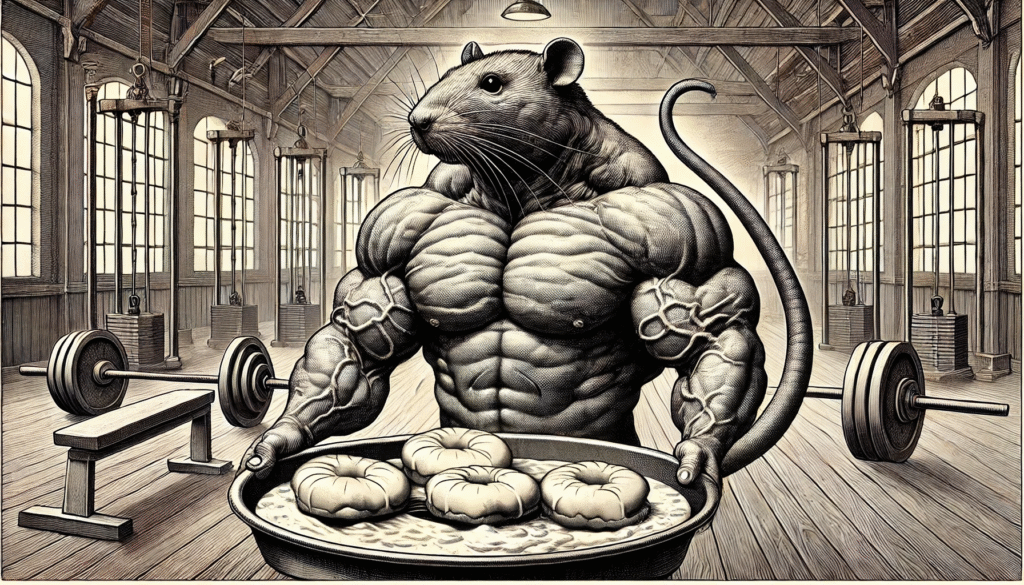
Post-Workout Nutrition: Recovery and Muscle Repair.
Importance of nutrients after a workout.
After you finish exercising, your body needs help to heal and get stronger. That’s why it’s important to eat after workout and not skip a meal. Your muscles use a lot of energy, and now they need food to repair and grow. This is one of the top nutrition tips for weight loss because it helps your body recover faster and burn fat better.
Eating the right foods after your workout gives your body the tools it needs. You need protein to fix muscles and carbs to replace lost energy. Good choices include yogurt with fruit, a turkey sandwich, or a smoothie with banana and protein powder. These meals are simple, quick, and help your body bounce back strong.
If you wait too long to eat, your body might get tired and sore. It may also slow down your progress. That’s why timing matters just as much as what you eat. Try to eat after workout within 30 to 60 minutes. This gives your body the best chance to use the food well and start healing right away.
While it’s important to eat before workout, your job isn’t done when the workout ends. Helping your body recover is a big part of reaching your goals. Eating after exercise keeps your muscles healthy, your energy up, and your weight loss on track. With smart habits and the right food, your body gets stronger every day. That’s how real nutrition tips for weight loss work.
Best foods to consume post-workout.
After a workout, your body feels tired and needs help to feel strong again. This is when eating the right foods can really help. Instead of grabbing junk food, choose snacks that help your muscles rebuild. One smart nutrition tip for weight loss is to eat foods that keep you full while helping your body get stronger.
One great option is a tuna wrap with whole wheat bread. Tuna has protein, and the bread gives you healthy carbs. Another idea is cottage cheese with pineapple. It’s creamy, sweet, and packed with protein. These meals are easy, tasty, and give your body what it needs after working hard.
You can also try mixing new combos like rice cakes with almond butter or a boiled egg with avocado slices. These foods bring in healthy fats, which your body uses to stay balanced. Even a simple baked sweet potato with black beans can give your body fiber, protein, and vitamins all at once.
Eating foods with different nutrients helps your body recover in more ways. Your muscles heal, your energy comes back, and you feel more ready for the rest of your day. While eat before workout helps you move, what you eat after workout supports your body’s repair work. Following these smart food choices keeps you strong and supports long-term nutrition tips for weight loss success.
Timing your post-workout meal for recovery.
When you finish a workout, your body is still working hard. Muscles are fixing themselves, and energy is being used to cool you down. That’s why choosing the right time to eat after workout makes a big difference. You don’t need to rush, but waiting too long can make your body feel drained. Smart nutrition tips for weight loss include eating after exercise to help your body recover faster and stay strong.
You can wait a little while before eating, but try not to get too hungry. A good time to eat is when your heart rate feels normal and your body starts to relax. This is when your body is ready to take in nutrients and start healing. Even if you aren’t very hungry right away, a small bite like a smoothie or fruit can help get the process started.
Your body needs food to repair muscles, but it also needs time to rest. Some people feel too tired to eat right after a workout. In that case, drinking something healthy like milk or a protein shake can be helpful. Later, you can have a full meal that includes protein, carbs, and healthy fats. These steps work together to match solid nutrition tips for weight loss goals.
Remember, the time you eat before workout helps give energy, while the time you eat after workout helps you heal. Both are important but do different things. When you give your body what it needs at the right time, it gets stronger and healthier. That’s how smart eating habits turn into real results. Keep fueling your body with care, and it will reward you with more strength, less soreness, and better workouts ahead.
Hydration: An Often Overlooked Factor in Weight Loss.
The Role of Water in Metabolism and Weight Loss.
Water plays a big part in helping your body lose weight. It helps break down the food you eat so your body can use it for energy. When you drink enough water, your metabolism works better and faster. That means your body burns more calories, even when resting. Because of that, staying hydrated is one of the smartest nutrition tips for weight loss you can follow.
Your body is made up of mostly water, so it needs plenty of it every day. Drinking water helps your stomach feel full, which may keep you from eating too much. Many times, people think they’re hungry when they’re actually just thirsty. So before grabbing a snack, try sipping water first. This is a simple way to cut extra calories without even changing what you eat.
Water also helps move nutrients through your body. That’s important for muscle repair and keeping your energy up. It even helps you absorb the healthy parts of the food you eat. Whether you eat before workout or eat after workout, water helps your body use that fuel the right way. Without enough water, your body can’t do these jobs well.
Drinking water also helps your body get rid of waste. When you sweat or go to the bathroom, your body is clearing out things it doesn’t need. This keeps you feeling fresh and less bloated. Clean insides help support your weight loss journey. That’s why water is a key part of any plan built on real nutrition tips for weight loss.
Signs of Dehydration and Its Effect on Workouts.
Sometimes people don’t know they’re dehydrated. If your mouth feels dry or your pee is dark yellow, that’s a clue. Feeling dizzy, tired, or getting a headache are other signs. If you wait too long to drink water, your body starts to feel weak and slow. This makes workouts harder and less fun.
When you’re low on water, your muscles don’t work well. They might cramp or feel tight. You may even get tired faster, even if the workout is easy. That’s why being hydrated helps you finish your routine strong. Without water, your body struggles to keep going. So drinking water before, during, and after exercise helps you feel your best.
Even a small drop in water can mess with how your body works. Your brain may feel foggy, and your heart works harder than it should. That makes it tougher to move with energy and focus. If you’re trying to burn fat and build muscle, dehydration will slow your progress. That’s why hydration is just as important as what you eat before workout or eat after workout.
It’s easy to forget water when you’re busy. But carrying a water bottle makes it easier to drink throughout the day. Try to sip water before you feel super thirsty. Staying ahead of dehydration keeps your body happy and helps you crush your fitness goals. It’s one of the easiest and most helpful nutrition tips for weight loss you can use.
Hydration Tips for During and After Workouts.
Drinking water before your workout helps your body get ready. You don’t need to drink a lot, just a small glass 30 minutes before moving. This keeps your muscles and joints working smoothly. If you eat before workout, water helps your food turn into energy faster. Together, food and water make your workout feel easier and stronger.
While you exercise, your body loses water through sweat. That’s why it’s important to sip water every 10–15 minutes during your workout. You don’t need big gulps—just small sips to stay balanced. This helps you keep moving without feeling dizzy or weak. Water keeps your energy up and helps your heart and muscles stay safe.
After your workout, don’t stop drinking water. Your body is still working to cool down and recover. Even if you don’t feel very sweaty, your body still needs water to heal. If you eat after workout, pair your food with a full glass of water. This helps your muscles recover and your body stay energized for the rest of the day.
Try adding lemon or fruit slices to your water if you want more flavor. Some people even enjoy coconut water because it gives back important salts lost in sweat. No matter what you choose, just make sure you’re drinking enough. Staying hydrated every day supports your weight goals, boosts your workouts, and follows the smartest nutrition tips for weight loss.
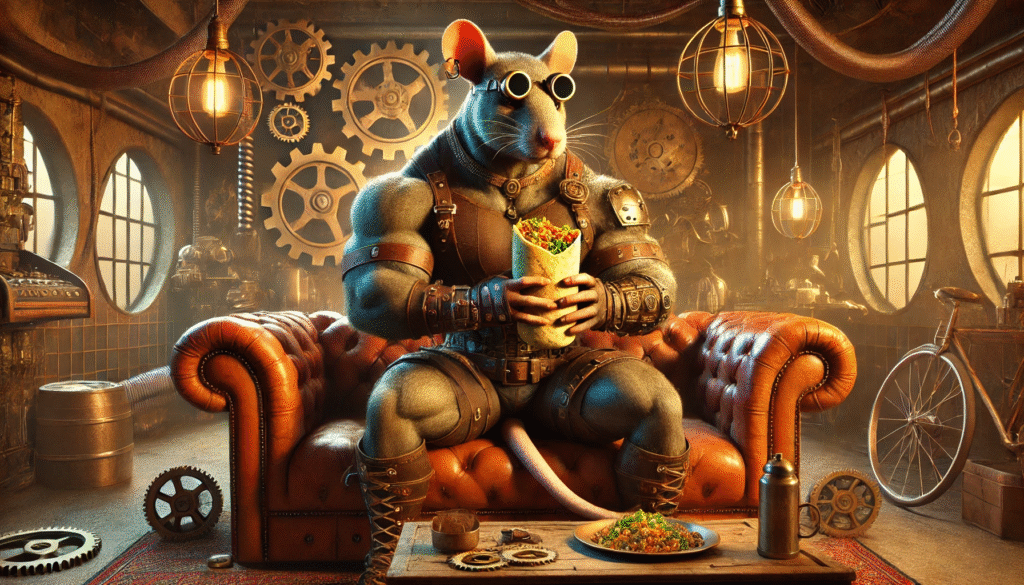
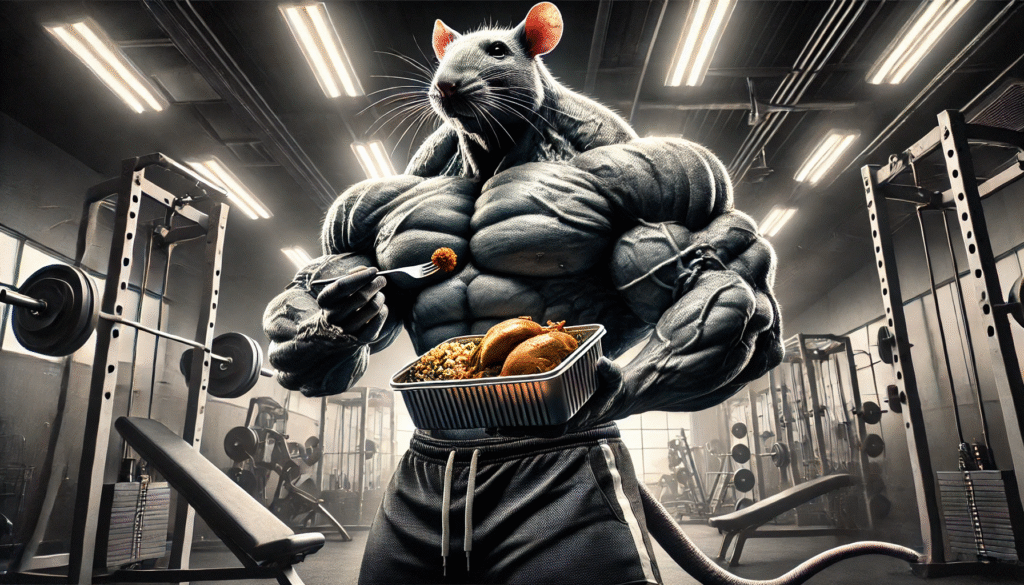
Meal Timing and its Impact on Weight Loss.
Debunking the Myth: Does ‘Eating Late’ Cause Weight Gain?
Many people think eating late at night makes you gain weight, but that’s not always true. What matters more is how much and what you eat, not just the time. You can still eat dinner at 7 or 8 p.m. and stay healthy. That’s why it’s better to focus on real nutrition tips for weight loss instead of myths.
When you eat a big meal late and go right to bed, your body has less time to use that energy. This might make your stomach feel full or cause poor sleep. But if you eat something light and healthy, your body can handle it just fine. Balance and portion size matter more than the hour on the clock.
Some people skip dinner to avoid eating late, but that can backfire. You might feel super hungry the next morning or snack too much the next day. Instead of skipping, try eating earlier or choosing lighter foods. Listening to your hunger cues helps more than watching the clock.
Also, your body still burns calories when you sleep. It doesn’t just stop working. So eating something small and healthy at night is okay. Following smart nutrition tips for weight loss means thinking about the whole day—not just one meal. It’s your habits that shape your results, not just timing.
The Concept of Intermittent Fasting.
Intermittent fasting is when you only eat during certain hours of the day. For example, some people eat for 8 hours and fast for 16. Others skip breakfast and eat lunch and dinner. This eating style helps some people control how much they eat and manage weight better.
Even though it’s not for everyone, it can work if done safely. During the eating window, you still need to choose healthy foods. If you eat too much junk, fasting won’t help much. That’s why following good nutrition tips for weight loss matters even with fasting.
When using intermittent fasting, it’s still important to fuel your body around workouts. Try to eat before workout to boost energy and avoid feeling weak. If your workout ends near your eating window, make sure to eat after workout with a mix of protein and carbs. That way, your muscles can recover well.
Always check how you feel when fasting. If you’re dizzy, too tired, or cranky, your body might need a better plan. Drinking water during fasting hours helps a lot. And if this method doesn’t fit your life, that’s okay too. There are many ways to follow smart nutrition tips for weight loss that work for your routine.
Aligning Meal Timing with Workout Schedules.
The time you eat around your workout can change how well your body performs. If you eat before workout, your body gets the fuel it needs to move better and last longer. A light meal or snack 30 to 60 minutes before moving can help you feel strong and focused.
After a workout, your body needs food to recover and get stronger. That’s why it’s smart to eat after workout with meals that include protein and healthy carbs. Even if it’s just a smoothie or yogurt, it gives your muscles what they need to rebuild. Timing this meal soon after helps speed up recovery.
Your meals and workouts should work together. If you like to exercise in the morning, try eating something small like toast or fruit before. Then, enjoy a full meal after to keep your energy going. If you exercise in the evening, adjust your dinner time so you can still recover properly.
Planning when to eat helps your body stay balanced. It keeps your energy steady and supports muscle repair. Pairing meals with movement is one of the most helpful nutrition tips for weight loss. With the right timing, you get the best results without feeling tired, hungry, or off track.
Snacks and Supplements: To Eat or Not to Eat?
Identifying Healthy Snack Options for Weight Loss.
Snacking can be part of a healthy plan when done the right way. The trick is choosing snacks that help your body, not hurt your progress. Smart snacks give you energy and keep you full between meals. That’s why choosing the right foods is one of the top nutrition tips for weight loss.
Instead of chips or candy, go for snacks that are full of protein or fiber. A good option could be apple slices with peanut butter, or even a small handful of almonds. These types of snacks give you long-lasting energy without too many calories. They also help you avoid eating too much at your next meal.
It’s important to think about when you snack. If you’re going to eat before workout, a small healthy snack can boost your energy. Foods like a banana, a piece of toast, or yogurt are great because they are easy to digest and fuel your muscles. Snacking at the right time can improve your performance.
Likewise, you might want a snack to eat after workout. Your body needs help to recover, and snacks can do that if a full meal isn’t ready. A smoothie, boiled eggs, or low-fat cheese with fruit are great choices. These snacks are quick, easy, and packed with the nutrients your body needs to heal and stay strong.
Pros and Cons of Workout Supplements.
Many people use supplements to help with workouts or weight loss. These products can come as shakes, pills, or powders. Some are helpful, but not all of them are safe or needed. Before trying them, it’s good to learn the pros and cons. Supplements are not magic—they only work if your food and exercise plan are solid.
One benefit of supplements is convenience. For example, a protein shake is fast and easy to have right after exercise. It can help your muscles recover if you don’t have time to eat after workout. Some supplements also give you vitamins or minerals that might be missing from your diet.
Still, there are problems with some supplements. Many have added sugar, fake ingredients, or too much caffeine. They can also cost a lot without offering much real help. If you already eat before workout and follow smart nutrition tips for weight loss, you might not even need them.
Always check the label before using any supplement. Talk to a trusted adult or doctor to make sure it’s safe. Your body does best with real food, but supplements can be helpful in special cases. Just remember, they should support your healthy habits—not replace them.
Natural Versus Commercial Supplements.
Not all supplements are made the same. Some are natural, using real food ingredients like fruits or plants. Others are commercial, made in labs with added chemicals. Knowing the difference helps you make smarter choices for your health. Your body usually likes natural things better.
Natural supplements often come from things like whey protein, dried veggies, or plant-based powders. These are closer to real food and easier for your body to use. They’re a great choice when you need a boost but still want to follow safe nutrition tips for weight loss. Natural options can support your progress without adding extra junk.
On the other hand, commercial supplements might work fast but sometimes come with side effects. They can include fake flavors, colors, or stimulants that upset your stomach. Some also have hidden ingredients that may not be good for your heart or mood. That’s why it’s important to research first and ask questions.
It’s better to get your nutrients from meals and snacks when possible. But if you need a little help, choose quality over flash. Whether it’s something you eat before workout or eat after workout, your choices should match your goals. Real food, smart timing, and clean ingredients always support a better, safer weight loss journey.
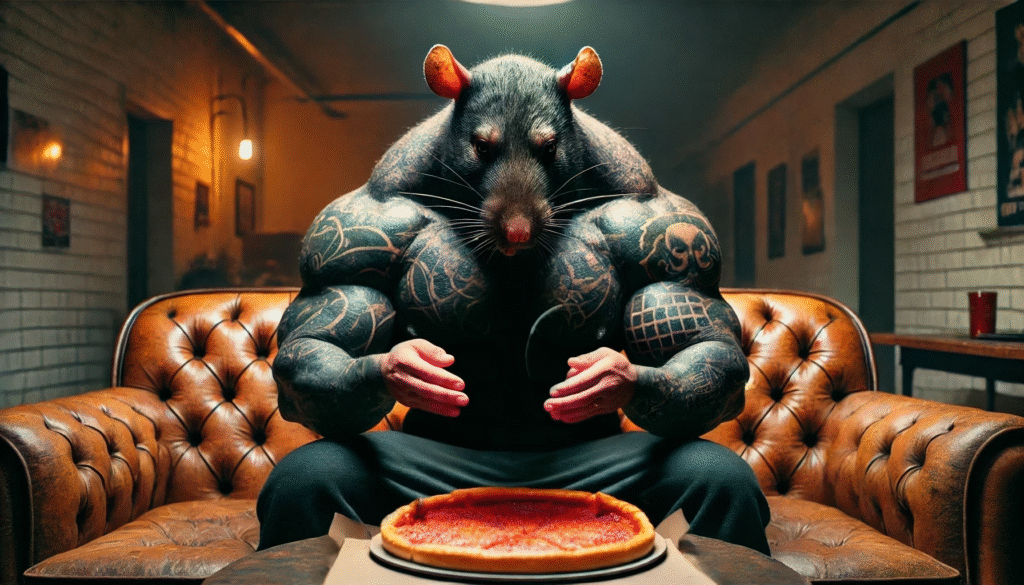
Customizing Your Nutrition Plan for Personal Success.
Importance of Personalized Nutrition Plans (Gender, Age, Activity Level).
Every person is different, and that means your food plan should match your needs. A growing child needs different meals than an older adult. The same goes for someone who sits all day versus someone who exercises a lot. That’s why personalized nutrition tips for weight loss work better than a one-size-fits-all plan.
Boys and girls may also need different types of food. Boys might need more protein for growing muscles, while girls may need extra iron and calcium. Age plays a big part too. Kids need food that helps them grow, and adults may need fewer calories to stay healthy. These changes matter when planning what to eat before workout or eat after workout.
Your daily activity level is also important. If you move a lot, you need more energy from healthy food. But if your day includes more sitting, you won’t need as many snacks. That doesn’t mean skipping meals—it means making smarter choices. Matching your meals to your movement keeps your body strong without gaining extra weight.
Personal plans work because they respect your body. They help you eat just enough without going overboard. With the right balance, you get stronger, feel better, and stay motivated. So instead of copying someone else’s diet, build a plan that fits your life, goals, and routine.
Listening to Your Body: Hunger Cues and Satiety.
Your body sends signals to tell you when it’s hungry or full. Learning to listen to those signals helps you make better food choices. When you feel true hunger, it’s your body asking for fuel—not just a craving. Paying attention to these cues is one of the most powerful nutrition tips for weight loss.
Sometimes, people eat out of boredom or stress instead of hunger. This can lead to eating too much without even noticing. Before grabbing a snack, stop and ask yourself, “Am I really hungry, or just looking for comfort?” This small pause can help you make a smarter choice.
Feeling full is another signal to watch. When you feel satisfied—not stuffed—it’s time to stop eating. This takes practice, especially when eating fast or watching TV. Slowing down gives your brain time to notice when your stomach is happy. That way, your body gets what it needs without overeating.
If you eat before workout, notice how your body feels during exercise. Are you energized or sluggish? The same goes for what you eat after workout—do you feel refueled or too full? These feelings help guide your future food choices. By listening closely, you become your own best guide.
Tools and Apps for Customizing Meal Planning.
Today, many apps can help you plan meals that match your body’s needs. These tools make it easy to track what you eat, how much you move, and how you feel. Some even remind you when to eat before workout or when it’s time to eat after workout. Using these apps is a smart way to stay on track.
Many apps let you set goals for calories, protein, carbs, and more. You can also log how certain meals make you feel. That helps you learn which foods give you energy and which slow you down. Over time, these records turn into a custom guide just for you. That’s why they’re a great part of nutrition tips for weight loss.
Some people use food journals instead of apps. Writing down your meals by hand can also help you see patterns. You might notice that certain snacks make you tired or that eating earlier gives you more energy. These clues help you build a plan that fits your body best.
Whether you use a phone, tablet, or notebook, tracking your food makes a difference. It helps you stay focused, stay balanced, and stay healthy. Planning ahead means fewer surprises and better choices. With these tools, your meals become easier to manage and your weight goals easier to reach.
Common Pitfalls and How to Avoid Them.
Overeating Post-Workout Due to Hunger.
After a tough workout, it’s normal to feel hungry. Your body wants to refuel, but sometimes that hunger can lead to overeating. Many people eat too much because they think they “earned it.” This can undo the good work you just did. That’s why smart nutrition tips for weight loss focus on balance, not reward.
Instead of diving into a huge meal, start with a healthy snack. Try something like a smoothie with fruit and protein, or a turkey wrap with veggies. These choices help you feel satisfied without going overboard. Choosing smart foods to eat after workout keeps you full but doesn’t overload your body.
Another way to prevent overeating is to drink water first. Often, thirst feels like hunger. A full glass of water after your workout helps you feel better and gives your brain time to check in with your body. Once you’re hydrated, you’ll be able to make a better food choice.
Also, plan your post-workout meal ahead of time. When you know what you’re going to eat, you’re less likely to grab junk food or eat too much. This simple habit keeps your routine strong and helps you follow the best nutrition tips for weight loss without stress.
Skipping Meals and Its Detrimental Effects.
Some people think that skipping meals will help them lose weight faster. However, this can actually cause more problems. When you don’t eat for too long, your body gets tired, your brain feels foggy, and your hunger can hit hard later. That often leads to eating more than you need at the next meal.
Skipping breakfast or lunch can also slow down your metabolism. This means your body burns calories more slowly, which is the opposite of what you want. That’s why it’s so important to eat before workout and after. Fueling your body at the right times keeps your system working strong and steady.
Missing meals can also mess with your mood and energy. You might feel cranky, weak, or too tired to move. It becomes harder to focus or stick to your routine. That’s why one of the best nutrition tips for weight loss is to eat regular, balanced meals, even when you’re busy.
If you’re not super hungry, you don’t have to eat a full meal. A simple snack like fruit, yogurt, or nuts can still help. Eating something small is better than skipping entirely. This way, your body gets steady fuel and avoids the stress of going too long without food.
Relying Too Heavily on Processed “Diet” Foods.
Some foods say “low fat,” “sugar-free,” or “diet” on the label, but that doesn’t mean they’re good for you. Many of these items are packed with fake ingredients, extra salt, or chemicals that don’t help your body. They may sound healthy, but they often leave you hungry and unsatisfied.
Processed diet foods can trick your brain. They may taste sweet or creamy, but they don’t give you lasting energy. That means you’ll likely want to snack again soon. Choosing real, whole foods instead will keep your belly full longer and help you stay on track. This is a key reason why nutrition tips for weight loss say to eat simple, natural foods.
It’s easy to fall into the trap of packaged meals when you’re in a rush. But even when time is short, you can still make healthy choices. Grab a hard-boiled egg, a banana, or hummus with carrots. These quick bites are full of nutrients and work better than any snack labeled “diet.”
Your body knows what to do with real food. It can turn it into energy and strength faster. So whether you’re planning to eat before workout or eat after workout, skip the fake stuff and pick fresh, clean foods instead. This habit supports your weight goals and keeps you feeling strong and clear-headed all day.
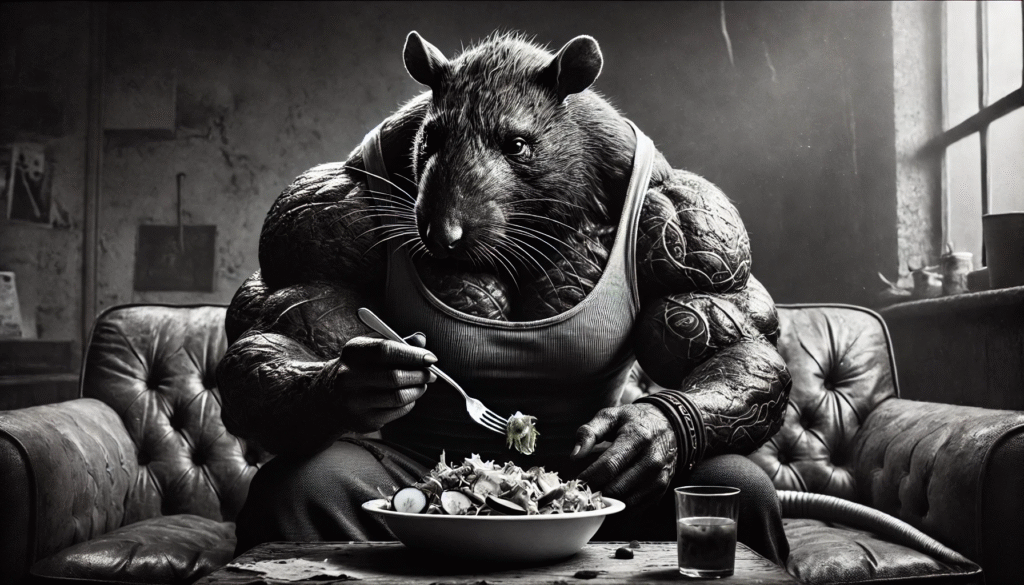
Expert Advice on Sustaining Weight Loss Through Nutrition.
Insights from Nutritionists and Dietitians.
Nutrition experts often remind us that healthy eating is not about strict rules. It’s about finding balance and staying consistent. They say one of the best nutrition tips for weight loss is to create habits you can follow every day—not just for a week. That way, your results last a long time, not just for a short season.
Many dietitians encourage people to build meals with real food. They recommend fruits, vegetables, whole grains, and lean protein instead of processed or packaged meals. This helps you stay full longer and gives your body the vitamins it needs. They also stress that what you eat before workout and eat after workout matters for recovery and energy.
Experts also say not to fear healthy fats. Foods like avocado, nuts, and olive oil give your brain and body support. When paired with fiber and protein, they help you stay full and avoid cravings. This combination works better than skipping meals or avoiding entire food groups.
Another key lesson from professionals is to enjoy your food. Take time to chew slowly and pay attention to how you feel. When you eat mindfully, your brain learns when you’re full. This tip, along with others, helps support lasting results from smart nutrition tips for weight loss.
Real-Life Success Stories and Testimonials.
Many people have found success by following small, steady changes. One woman started walking daily and focused on whole foods instead of fast food. She learned to eat before workout to have more energy and added a light snack to eat after workout for recovery. Over time, her energy grew and her weight dropped in a healthy way.
Another person shared how cutting out sugary drinks made a big difference. He didn’t follow a strict diet but made better food choices and drank more water. These simple changes helped him stay full and feel better during workouts. Now, he shares his journey to inspire others.
One teenager shared that using a meal tracker helped her learn about food. She noticed that her mood, energy, and sleep all improved once she focused on real meals and stopped skipping breakfast. Her biggest change was learning to enjoy food again without guilt. Her story shows how nutrition tips for weight loss can work for all ages.
Each story proves that change doesn’t have to be hard. It just needs to be consistent. Real people reached their goals by making better choices and listening to their bodies. Their success shows that what you eat before workout and eat after workout can shape how you feel all day long.
Long-Term Strategies for Maintaining a Healthy Weight.
To keep the weight off, you need a plan that fits your life. Eating real food, drinking water, and moving your body are great steps to keep things in balance. Experts say it helps to set small goals instead of chasing big changes all at once. Those little wins build up and lead to long-term success.
Another smart strategy is meal planning. When you prep meals in advance, you’re less likely to make poor choices when you’re hungry. You can plan what to eat before workout or pack something to eat after workout. This saves time and keeps your energy steady throughout the day.
Rest is also part of the plan. Getting enough sleep helps your body heal and your brain stay sharp. When you’re well-rested, you’re more likely to make healthy food choices and feel ready to move. This balance supports strong habits and lasting results from your nutrition tips for weight loss.
Lastly, it’s okay to enjoy treats. Healthy eating doesn’t mean giving up everything you love. The key is to enjoy them in small amounts and not every day. When food feels fun and not stressful, it’s easier to stay on track. That’s how real success is built—through daily choices that support both health and happiness.
Conclusion.
In the journey to better health, what you eat and when you eat it makes a real difference. Following smart nutrition tips for weight loss helps you avoid common traps like extreme diets or skipping meals. Instead, you’ll learn how to support your workouts and weight goals with simple, doable changes.
Always remember that timing matters. Choosing to eat before workout can improve your stamina and focus, while deciding what to eat after workout helps your body recover and grow stronger. These choices are not just about calories—they’re about fueling your body the right way.
No one nutrition plan fits all, which is why personalization is key. Pay attention to how your body feels, use apps if needed, and don’t be afraid to adjust your meals as you go. Long-term success with weight loss comes from small daily wins, not overnight changes.
By understanding your body’s needs and building habits that align with your goals, you can finally take control of your health. Let these nutrition tips for weight loss be your guide—not just for dropping pounds, but for feeling energized, balanced, and strong every day.
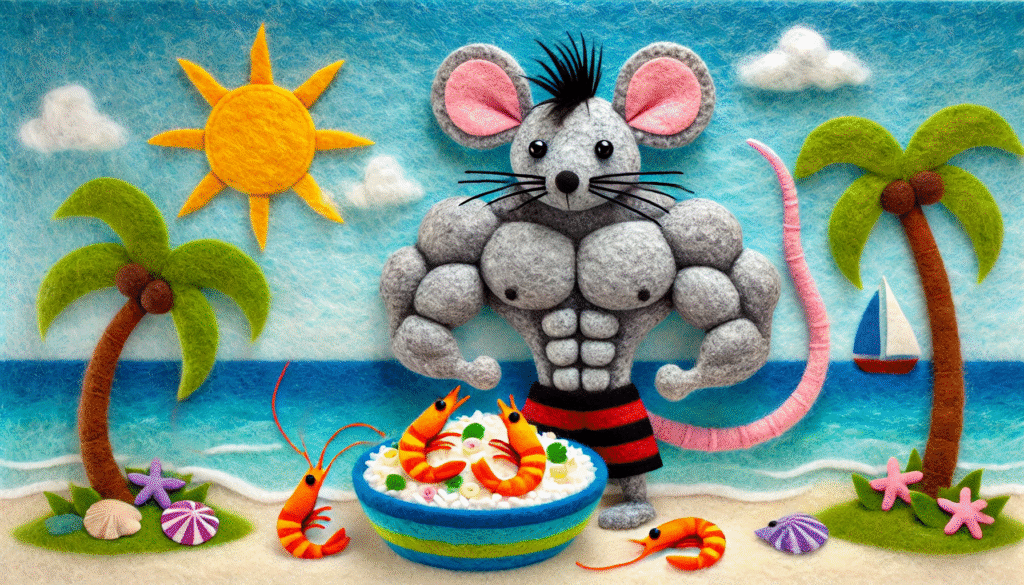
Check Out Our YouTube Channel!
Expert Tips & Tricks.
Fitness Culture.
Nutrition Guidance.
Workout Plans.

